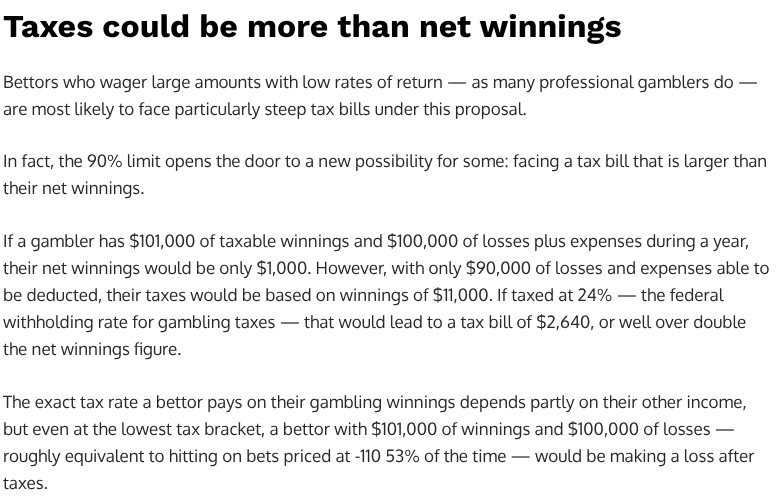Titus Promises ‘Fix’ To Senate Gambling Tax
Nevada Democrat writing amendment to Senate bill’s change on gambling loss deductions
2 min

Congresswoman Dina Titus of Nevada will introduce an amendment that would strike a provision in the United States Senate version of the so-called “One Big Beautiful Bill” (OBBB) that many consider potentially devastating to gamblers, and by extension the gambling industry.
With Republicans in the U.S. House of Representatives struggling to find enough votes to advance through procedural-rules vote rounds on Wednesday, it’s unclear when the Democrat will have her chance.
The Senate version of the OBBB differed from the initial House of Representatives bill by adding a provision that limited the amount bettors could deduct for wagering losses. The Senate would reduce the figure to 90% of annual winnings. Current law allows gamblers to deduct 100% of losses unless they exceed their winnings for a given tax year.
The 90% figure would also be applied to non-loss expenses, including subscriptions to data services that are the price of doing business for professional gamblers. These types of services are currently taxed separately.
The Senate version, which includes controversial cuts to the social safety net, passed Tuesday, 51-50, with three Republicans defecting and the tie broken by Vice President JD Vance.
Said Titus, in a statement to Casino Reports:
“In addition to cuts in healthcare, SNAP, renewable energy, and Pell Grants, this anti-gambling provision in the BS Republican budget further screws over folks who live in and visit my district, the casino capital of the world, Las Vegas.
“This provision reduces the amount of gambling losses people can deduct from their taxes from 100% to 90%. This is just another attack on gaming and tourism and on districts like mine that rely on these industries. This also punishes people who are trying to do the right thing by reporting gambling on their taxes, pushing them towards offshore outlets and the prediction markets, which unlike legitimate gambling sources, do not invest in bricks and mortar, hire union labor, pay state taxes, or contribute to problem gaming efforts.”
InGame detailed an example of how the Senate provision, if it became law, could saddle gamblers with a tax burden greater than their winnings:

Titus to Casino Reports: “If given the chance, I will introduce an amendment to extend the current law and restore the loss deduction to 100%. If Republicans are unwilling to accept this amendment, I will pursue standalone legislation to fix this bad policy.”
Revenue allure could trouble Titus fix
With the Senate version of the OBBB set to potentially increase the federal debt by as much as $3 trillion, according to the Congressional Budget Office, the idea of clawing back some cash with what some view as a tweaked “sin tax” could be popular outside of the gambling industry.
This figures to complicate Titus’ efforts at building consensus, especially if proponents of the deduction change don’t realize or care that the gambling industry, according to a 2023 study by the American Gaming Association, contributed $328.6 billion to the United States economy, employed 1.8 million, and pumped $53 billion into federal state and local tax coffers.
Those figures would seem likely to shrink if some gamblers can no longer afford to gamble. Others contend the tax change could be a boon for unregulated, untaxed offshore gambling sites.
Social media response to Titus’ promise followed neatly along the line of those who gamble and who don’t. Some pondered why the tax code includes guardrails for those who entertain themselves by gambling instead of other activities.
And as usual, the burgeoning business of sports event contracts entered the chat.





